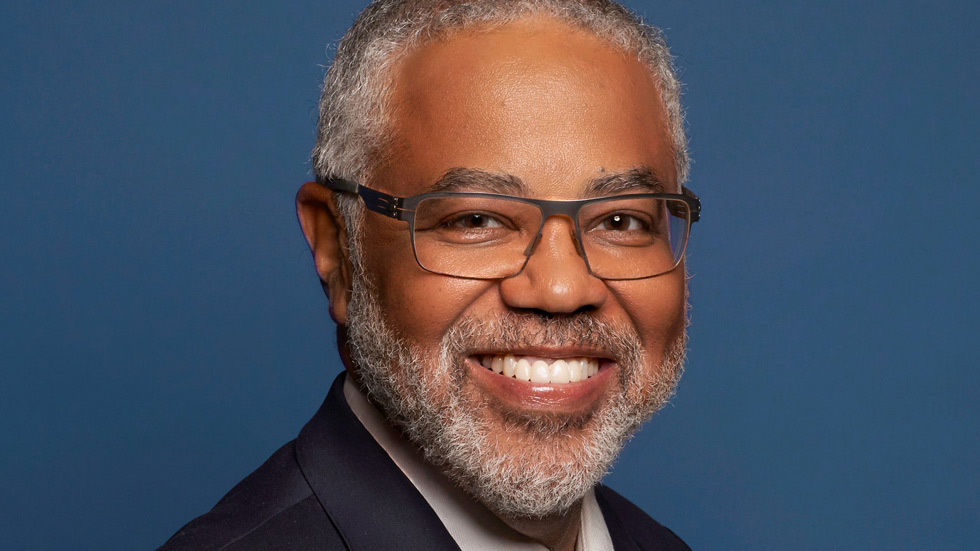Kenneth Bacon is the co-founder and managing partner of multifamily investment and asset management firm RailField Partners. A former Fannie Mae executive, he also serves as board chair at Welltower Inc. (NYSE: WELL).
How would you describe fundamentals in commercial real estate today?
Some sectors are hurting because of changes occurring in the economy. That’s a challenge, not only for the industry, but also for policy makers who have to rethink zoning. Policy makers are also going to have to rethink tax policy to get some of these assets productive again, such as empty office buildings.
Meanwhile, now that we’re getting back to a more normalized investment ecology, with rising interest rates, investors will have to work a lot harder to get returns. Some deals are just not going to happen.
Do you have concerns about the availability of workforce and affordable housing?
When we say workforce and affordable housing, many people think it means lower income families. But if you look at the data, you’ll see that young professionals, people earning six-figure salaries in cities like San Francisco and New York, are hard-pressed to find quality housing they can afford.
The supply side is very hard to change in the short term. The entitlement process, in terms of time and cost, has almost doubled over the past 15 to 20 years. It’s a huge expense that has an adverse impact on supply, and something the industry and policy makers must address.
Have the responsibilities and objectives of the board shifted in the last few years?
Investors and employees want companies to address social and political issues. As a result, the board has to put these items on the agenda. It’s changing the job of the board, and also the CEO, because what used to be viewed as an occasional crisis, such as voting rights, abortion, and immigration, is now becoming the norm due to an expanded slate of stakeholders.
Where could the real estate industry be doing a better job?
The industry needs to pay attention to the trends around how and where people want to live and work, and should be more involved and proactive with policy makers. We might have to explain that, for example, affordable housing doesn’t just mean the homeless; it’s about getting schoolteachers, policemen, and civil servants a place to live. And to do that, we have to have a better process. To get a handle on increasing rent, our industry needs to do a better job explaining the economics of the business and how public policy and tax policy affect the average consumer. And we need to get our own house in order. It’s hard to speak to an increasingly diverse electorate when our industry doesn’t look like the rest of America.
